In December 2022, the Sydney Morning Herald (SMH) reports that the new NSW English Syllabus for Years 3-10, which will be launched next week, will focus much more on “grammar, punctuation and sentence structure.” We were also told that this is in response to a “…decade-long decline in writing standards”, which “…has left teenagers without vital literacy skills.”
The evidence for these claims, and the subsequent syllabus changes, is to be found in longitudinal studies of NAPLAN scores. In particular, this showed that the performance of boys in the writing tests had declined over the last ten years.
Furthermore, a review of the teaching of writing conducted by NESA in 2020 argued that high school students struggled with writing at much higher rates than with numeracy or reading.
In all my years in education, I have never heard someone disagree with the goal of improving students’ writing, reading and spelling skills. However, it is frustrating to read the NESA Review argue that “over recent decades, writing had been “forgotten” amid a strong public policy focus on reading…”
This is an important point because the syllabus is such a vital document for all teachers – it is our guide to what is important and what must be done. The Review statement above shows that the policy pendulum is swinging wildly — from an emphasis on reading to a new emphasis on writing — which does not allow long-term thinking, planning or preparation.
The SMH article about the NESA Review quotes an expert in this field who says the same thing about policies and syllabuses, “They constantly seem to be under review to change, re-orient and re-direct so that teachers, in all honesty, will have difficulty knowing what needs to be done…”
We all hope that the new syllabus is well considered, effective and enables the effective teaching of reading, writing and spelling for all students in NSW. It would also be beneficial if the syllabus approach was allowed to stay in place for many years, in order to build support for one approach, rather than chopping and changing.
If you are wondering how you can help your child improve their writing skills, then I would strongly recommend you encourage them to read widely and often so that they are exposed to complex and diverse forms of writing. Additionally, they should be writing as often as possible, and for different purposes, so that their skills are developed and enriched. The perfect Christmas holiday present for a child is a book!
At Newcastle Grammar School, we are very proud of the scores our students achieve in NAPLAN tests. For example, in the 2022 tests, the students’ results from Years 3, 5, 7 & 9 were at, or above, the benchmarks in all the tests, including Writing. However, we are certainly not resting on our laurels and are keen to keep improving in all areas.
In addition, it is worth pointing out that NGS students have achieved outstanding HSC English results for many years, which is testament to the hard work and dedication of our teaching staff.
Erica Thomas
Head of School
